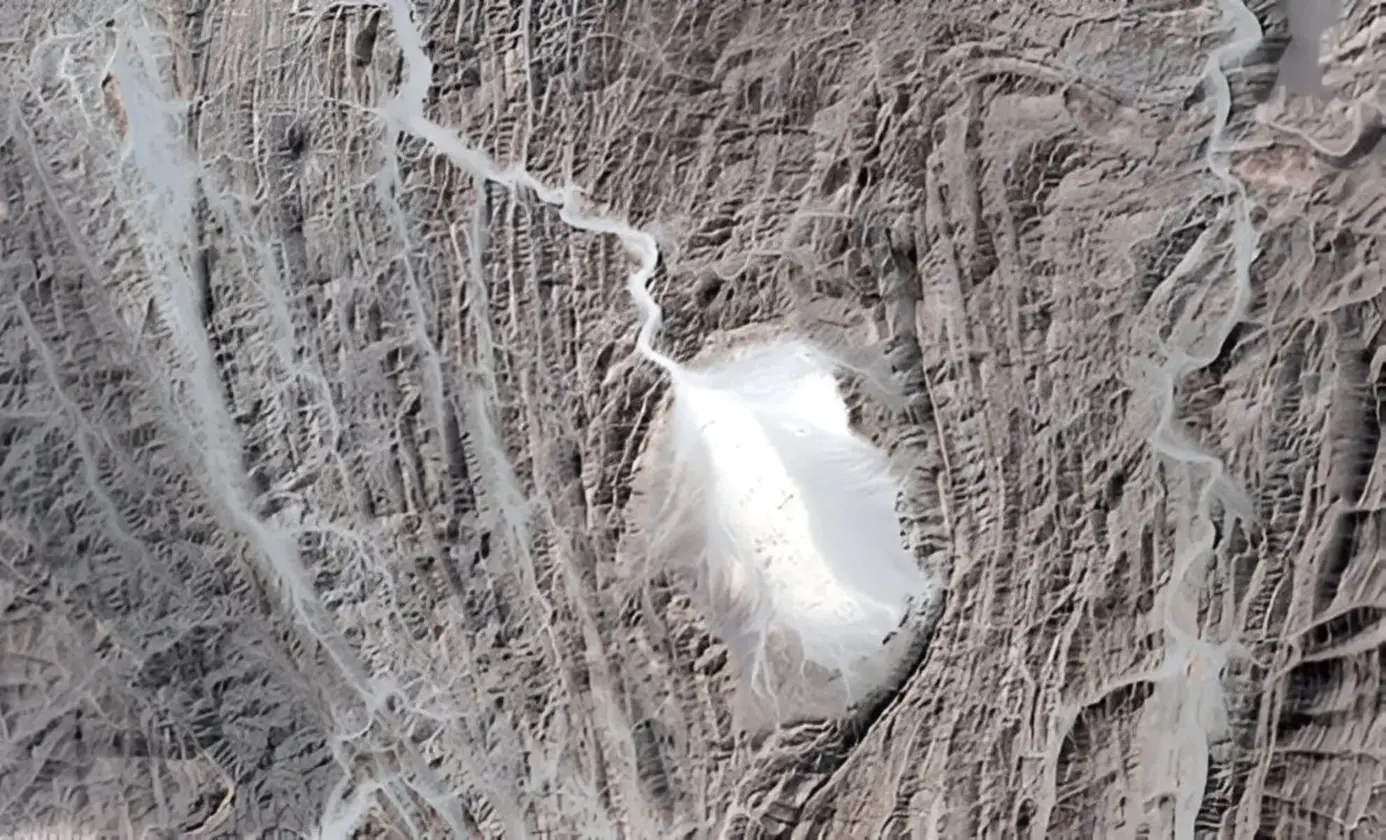T4K3.news
Ancient whale Janjucetus dullardi found off Victoria
Fossils found on Victoria's Surf Coast reveal a predator like early whale dating 26 million years ago.
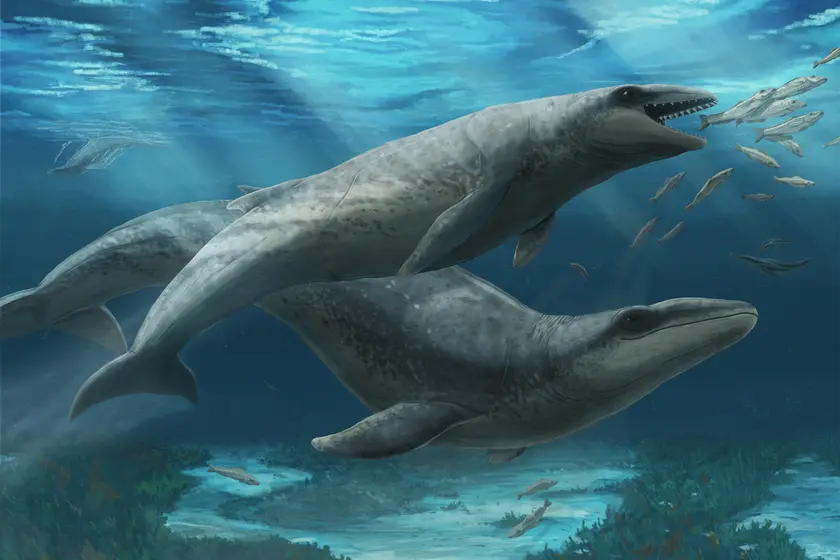
A beach fossil in Victoria reveals a fast predator among early whales, shedding new light on how ancient seas shaped whale evolution
Ancient shark-like whale Janjucetus dullardi found off Victoria rewrites early whale history
Fossils found along Victoria’s Surf Coast have led scientists to identify Janjucetus dullardi, an ancient whale with a predator like build. The juvenile specimen measures about two metres in length and lived around 26 million years ago. It features a compact body, forward facing eyes the size of tennis balls, and sharp slicing teeth that hint at a fast hunting style. Named after local resident Ross Dullard, the discovery adds a new member to early mammalodontids, a group linked to the ancestors of modern whales.
Researchers from Museums Victoria used CT scans to study the ear bones and teeth. The results show how the animal heard, moved, and fed in warm shallow seas off ancient Victoria. It is the first to preserve both teeth and inner ear structures in detail, offering new clues about how early whales sensed their world. The find marks the third mammalodontid from Victoria and the fourth known worldwide, helping fill a gap in the 30 to 23 million year timeline.
Key Takeaways
"It's essentially a little whale with big eyes and a mouth full of sharp, slicing teeth"
Ruairidh Duncan describing Janjucetus dullardi
"This fossil opens a window into how ancient whales grew and changed"
Dr. Erich Fitzgerald on significance
"Ross Dullard's discovery unlocked an entire chapter of whale evolution"
Fitzgerald on public discovery
This discovery challenges a simple picture of whale evolution. It shows that early whales were already diverse predators before the arrival of baleen filter feeders. The site in Victoria points to a once busy coast where unusual whales thrived, suggesting more diversity waits to be found. The use of CT scanning demonstrates how modern tools unlock hidden details in fossils and reshape long held ideas about life in ancient seas.
Public involvement in fossil hunting can speed up science, but researchers must guard against hype. The work also underscores the need for sustained funding and field work along the Surf Coast. In time, discoveries like this may change how we teach ocean prehistory to students and how communities connect with natural history.
Highlights
- Backyard fossils can rewrite deep time
- Tiny teeth big oceans
- Victoria writes a new chapter in whale history
- Fossils turn local beaches into global science
Future digs along Victoria's Surf Coast may reveal more about early ocean life
Enjoyed this? Let your friends know!
Related News
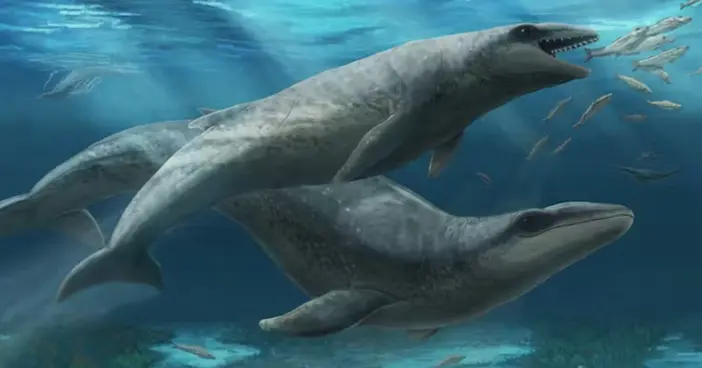
Ancient razor-toothed whale found in Victoria
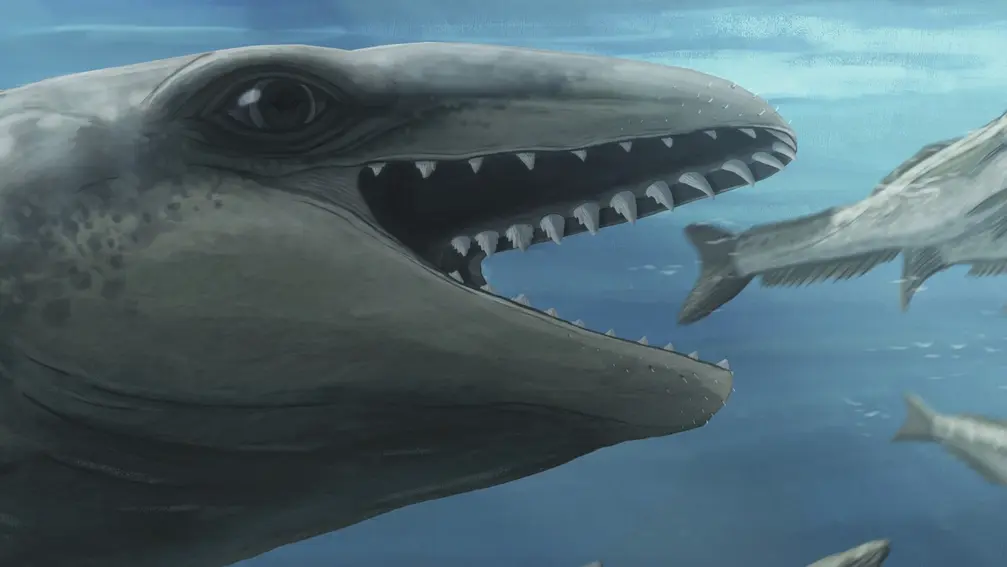
Tiny whale ancestor reshapes whale history
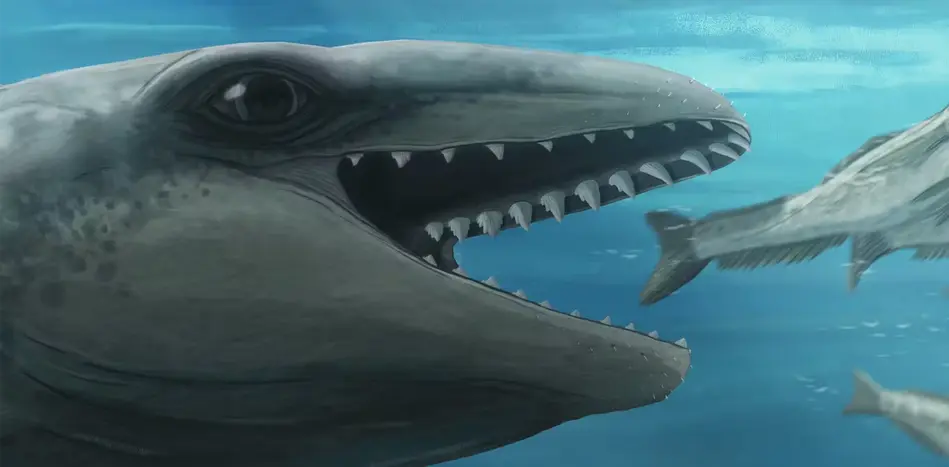
Tiny ancient whale discovery in Victoria
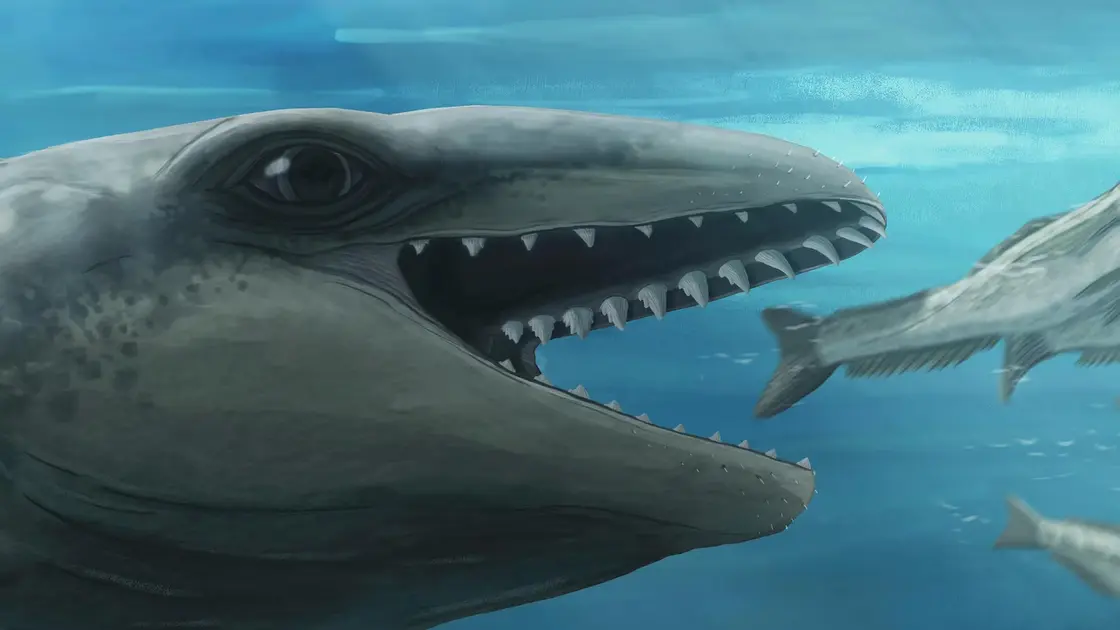
New early whale uncovered
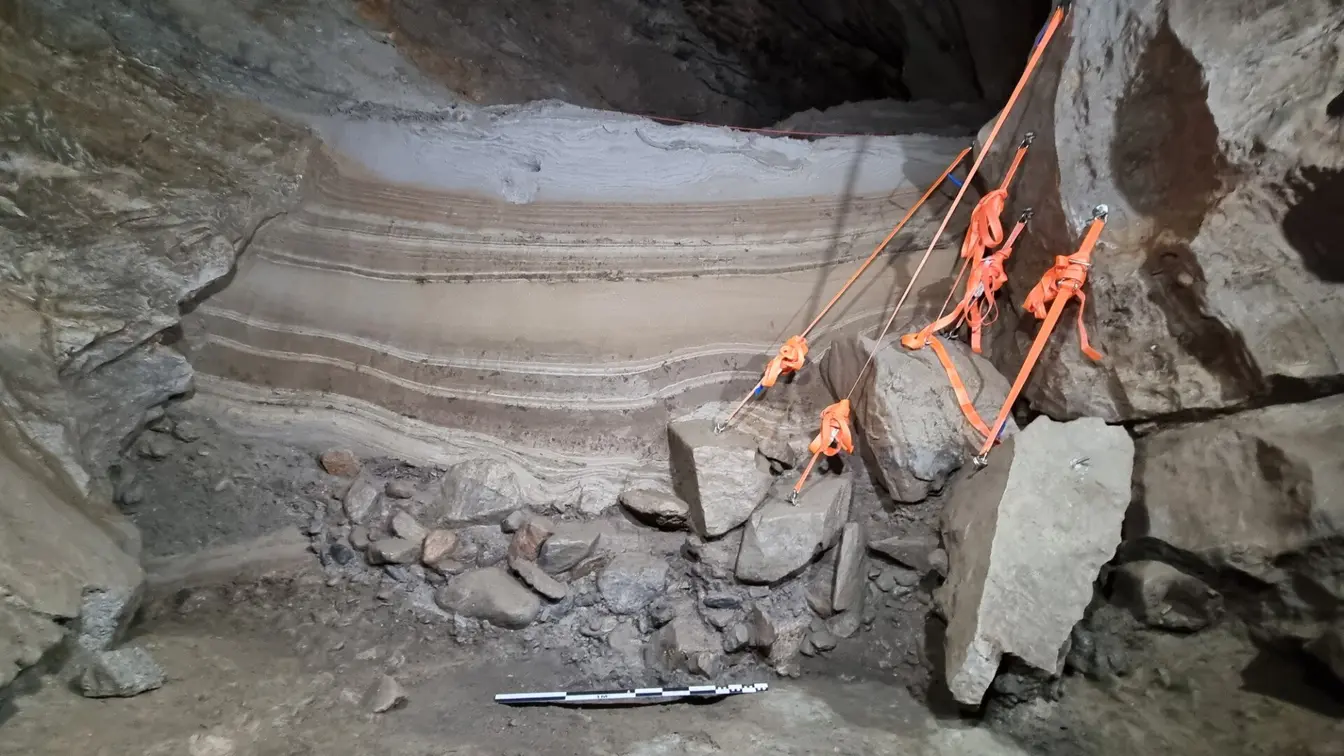
Discovery of 75,000-year-old animal remains in Norway

Victoria Derbyshire and Decca Aitkenhead reflect on breast cancer
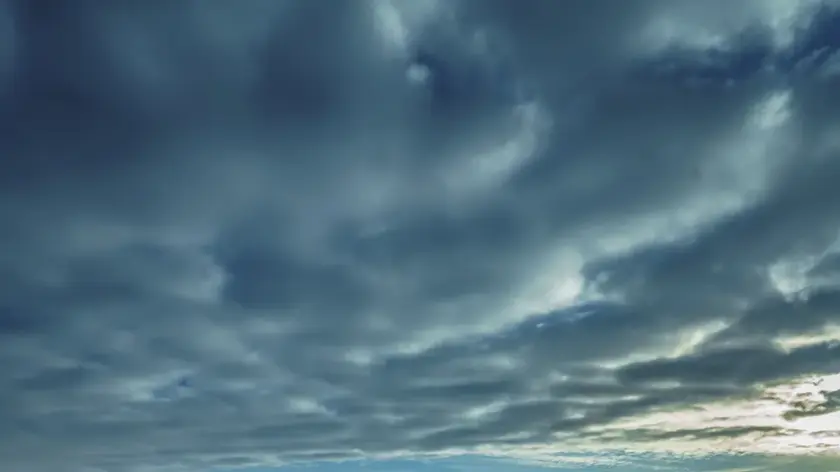
Tintina fault in Yukon shows signs of activity
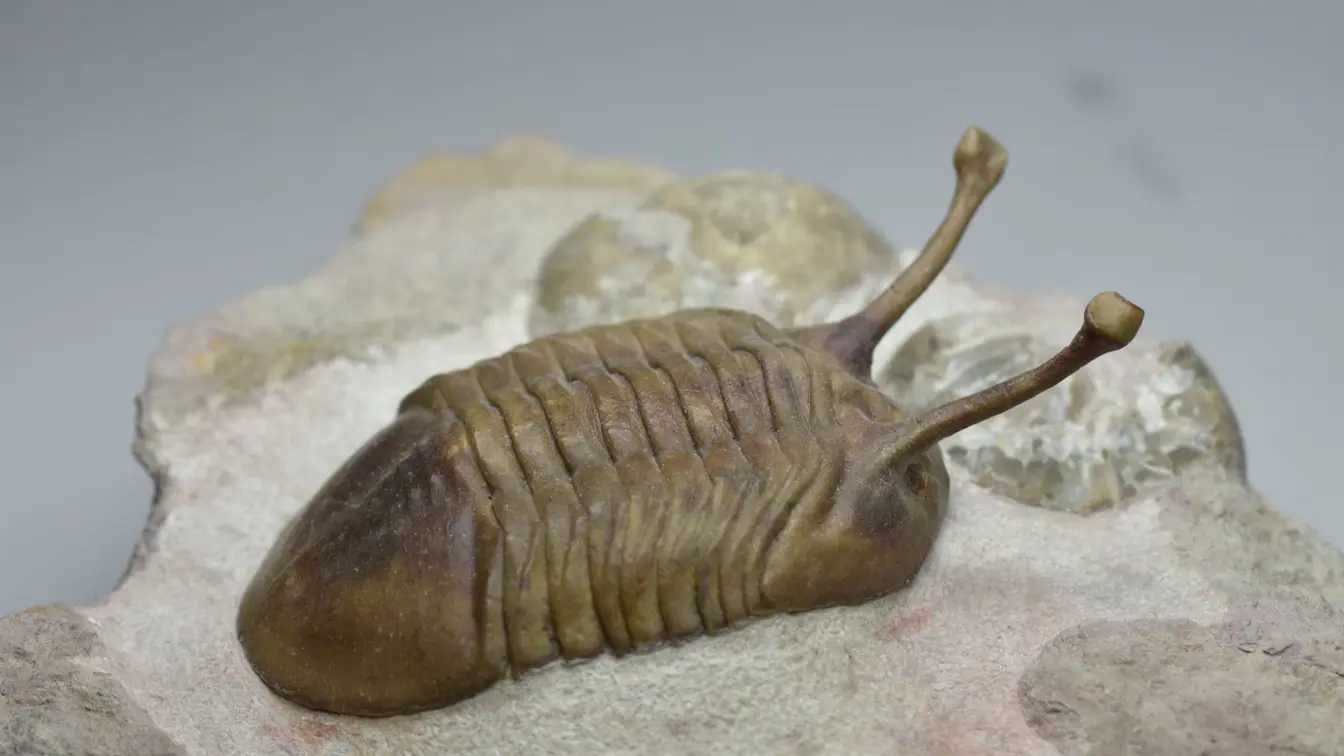
Ancient amulet contains long-extinct trilobite fossil
